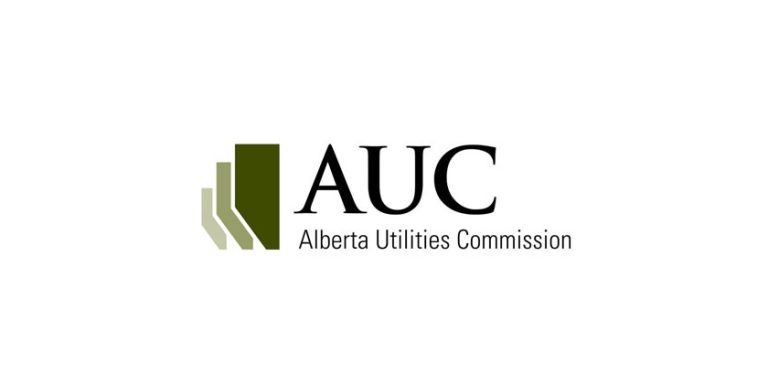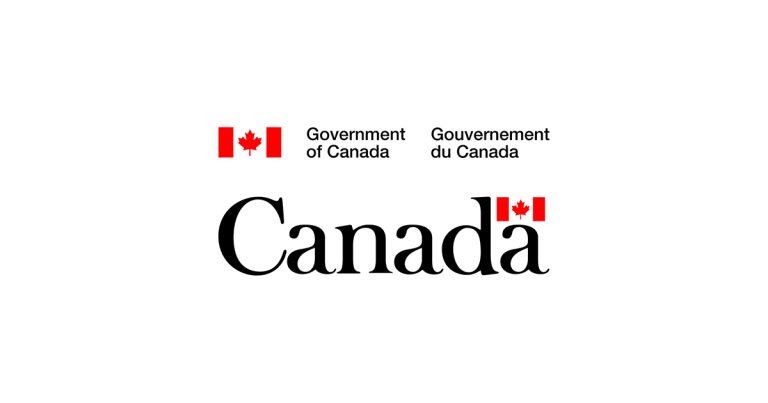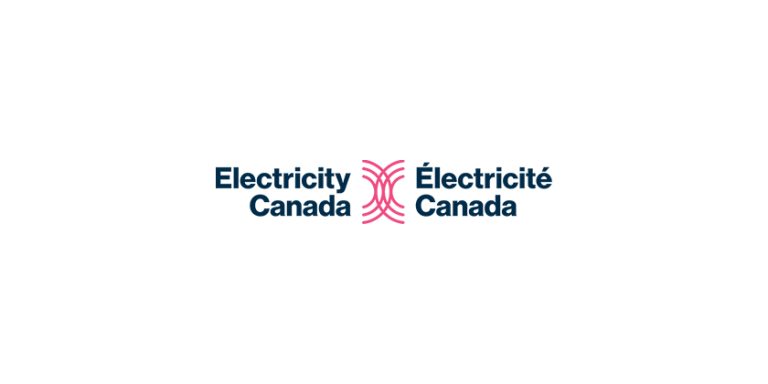Electricity Canada Submits 2024 Pre-Budget Consultation Brief

February 20, 2024
On February 9th, Electricity Canada submitted a brief for Finance Canada’s pre-budget consultation ahead of Budget 2024. The brief focuses on implementing the investments made in the 2023 Federal Budget and streamlining the processes for both delivering clean electricity and building the infrastructure for it.
Electricity Canada’s recommendations include:
- Recommendation 1: Strengthen and quickly deliver the Clean Electricity Investment Tax Credits by:
- Including funding for intra-provincial transmission assets and upgrades.
- Including funding for local distribution assets and upgrades.
- Eliminating the eligibility requirement for provincial and territorial governments to commit to a net zero grid by 2035.
- Recommendation 2: Task the Canada Energy Regulator to develop a benefit allocation framework to promote healthy inter-provincial transmission systems.
- Recommendation 3: Implement a federal Indigenous Loan Guarantee Program to enable a competitive and equitable clean electricity transition across all jurisdictions.
- Recommendation 4: Implement broad-based Carbon Contracts for Difference (CCfDs) to provide investor certainty on large-scale electricity infrastructure projects.
- Recommendation 5: Simplify, streamline and strengthen federal capacity for the approval of key electricity infrastructure projects by:
- Implementing the “One Project, One Assessment” framework described in Budget 2023.
- Establishing a single central federal office to coordinate federal permitting and approvals for net zero projects.
- Investing in regulators’ capacity to deliver on net zero goals promptly and effectively in their decision-making.
- Eliminate Threats to Affordability and Reliability
- Recommendation 6: Amend Bill C-59 to exempt regulated utilities from planned changes to Excessive Interest and Financing Expenses Limitation (EIFEL).
- Recommendation 7: Provide greater flexibility to the Clean Electricity Regulations to ensure emissions reductions can be reliably and affordably achieved in every region in Canada.








